Montessori Preschool Singapore: How the Approach Shapes Early Learners for the Future
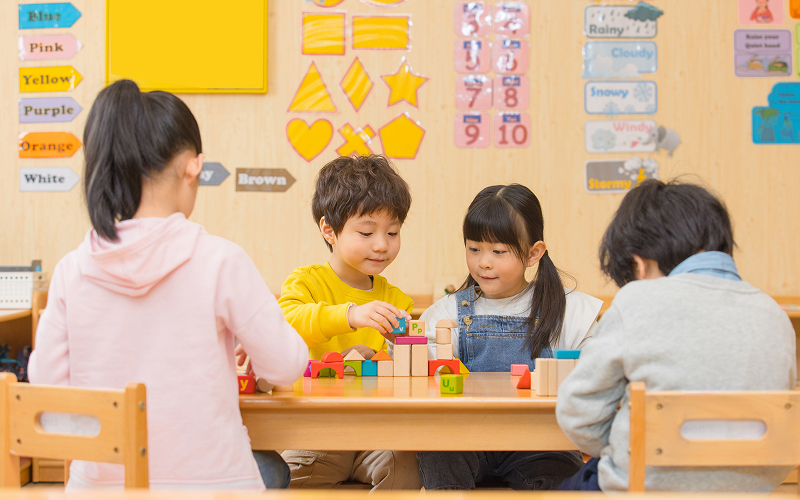
Montessori education continues to gain traction among parents seeking a structured, engaging, and purposeful environment for early childhood development. In Singapore, many families are choosing a Montessori preschool to provide a learning experience that builds strong foundations for academic, emotional, and social growth. Unlike traditional models, the Montessori kindergarten approach encourages independence and active participation in learning from the start.
Montessori Principles in Early Education
Montessori preschool in Singapore follows a unique philosophy developed by Dr Maria Montessori. The approach emphasises learning through hands-on activities, self-direction, and uninterrupted work cycles. Children engage with specially designed materials across subjects such as maths, language, science, and practical life. These tools encourage active learning rather than passive instruction.
Educators guide rather than instruct, observing when to step in and when to allow the child to explore independently. The aim involves helping the child develop at their own pace while building concentration, confidence, and responsibility. This principle applies to all levels, including Montessori kindergarten in Singapore, where children begin working with abstract concepts through concrete materials.
This method suits children in their formative years, when curiosity and imagination drive engagement. It supports holistic development, integrating cognitive, social, physical, and emotional learning into daily activities.
Structure of the Montessori Kindergarten Environment
Montessori kindergarten in Singapore features classrooms designed to promote independence and order. Furniture suits the child’s scale. Materials remain accessible. Children move freely and choose tasks that interest them. The environment encourages autonomy while reinforcing respect for others and shared spaces.
Mixed-age groups play a vital role in Montessori settings. Older children model behaviours and mentor younger ones. This builds leadership and reinforces learning through peer teaching. Younger children benefit from observing and interacting with more advanced work.
Educators prepare the environment carefully. Each material has a specific purpose. Activities progress in difficulty to match developmental readiness. Lessons follow a three-period structure—naming, recognition, and recall—to strengthen learning retention. Teachers introduce materials individually and allow repetition without pressure.
Montessori kindergarten children often display higher levels of concentration, independence, and empathy. The classroom functions more like a collaborative community than a top-down instructional setting. Children feel empowered to make choices, manage responsibilities, and work through challenges calmly.
How Montessori Aligns with the Preschool Curriculum in Singapore
The Montessori method aligns well with the core principles of the preschool curriculum in Singapore, especially in fostering early literacy, numeracy, inquiry, and socio-emotional development. In Montessori preschool settings, children develop these competencies through purposeful play and structured activities rather than worksheets or memorisation drills.
Language development includes phonetic awareness, vocabulary enrichment, and storytelling. Montessori materials support reading and writing readiness without rushing formal instruction. Maths activities use tactile materials to introduce quantity, operations, and problem-solving.
Inquiry comes alive through science, geography, and cultural exploration. Children use puzzles, models, and experiments to understand concepts. Practical life activities, such as food preparation, cleaning, and self-care, build motor control and focus. These lessons mirror goals set in the national preschool framework, promoting confident, caring, and curious learners.
Social skills evolve naturally through daily collaboration. Conflict resolution, turn-taking, and respect for others remain embedded in routines. Emotional regulation becomes stronger through consistent feedback, peer interactions, and uninterrupted work periods. All these elements prepare children for primary education and life beyond school.
Preparing Children for Future Learning and Independence
Montessori preschool in Singapore equips children with lifelong skills beyond academic readiness. Independence, decision-making, and adaptability become second nature through daily routines. Children lead tasks, solve problems, and learn from natural consequences rather than imposed rewards or punishments.
Children graduating from Montessori kindergarten in Singapore often transition to primary school with a strong sense of responsibility. They display self-discipline, curiosity, and resilience. The method builds a foundation for critical thinking, initiative, and perseverance—traits necessary in modern learning environments.
Unlike rigid systems that prioritise early academic performance, Montessori education fosters a mindset geared toward growth, exploration, and self-mastery. This mindset supports future success in collaborative, project-based, and student-led educational settings. It also encourages lifelong learning attitudes that persist into adulthood.
Montessori’s emphasis on order, structure, and purpose in daily life gives children the tools to thrive in various environments. They carry forward habits of focus, respect, and self-motivation that continue serving them well into adolescence and beyond.
Empower your child with the skills, habits, and mindset that support lifelong success. Schedule a visit to Brighton Montessori today to learn more about our Montessori preschool in Singapore and how our classrooms prepare your child for a confident start in school and life.
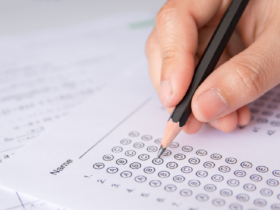
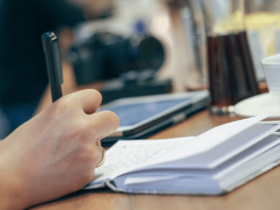

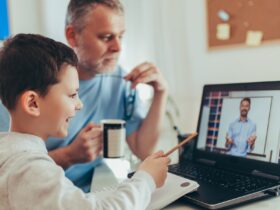
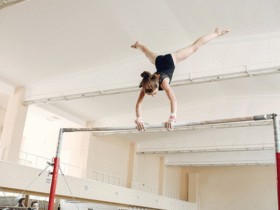


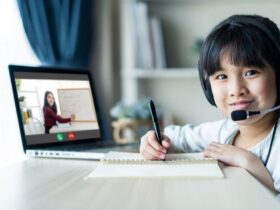
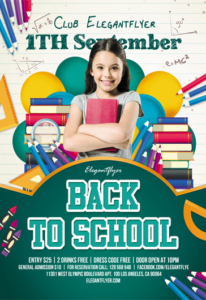
Leave a Reply